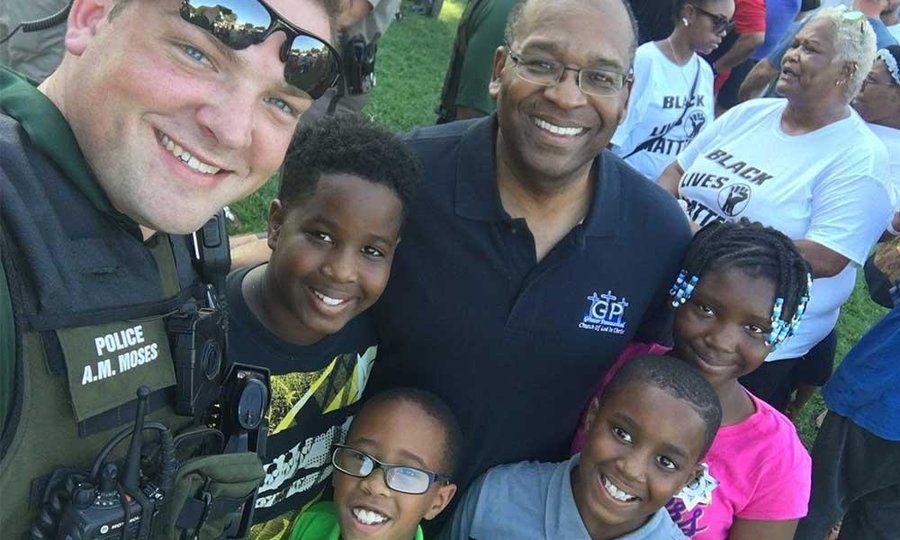In case anyone still doubted that social media have become interwoven into the fabric of American life, the raging Twitter war over which lives matter should put those doubts to rest once and for all.
The #BlackLivesMatter hashtag started out as a marker for social media comments pleading for America to come to terms with the racism that is so deeply imbedded in our society, and became the name of a national movement protesting repeated deaths of black men at the hands of police and agitating for racial justice.
Then came the backlash. A new #AllLivesMatter hashtag became all the rage on Twitter and other social media, and the slogan was even snuck into the Canadian national anthem by one member of a singing quartet performing at the Major League Baseball All-Star Game. Prominent political figures ranging from the former mayor of New York to the Republican nominee for president proclaimed #BlackLivesMatter to be “inherently racist.” A Wisconsin legislator proposed a “Blue Lives Matter” bill in response to the deadly sniper attack on police officers in Dallas.
Now there is backlash against the backlash. #BlackLivesMatter supporters have taken to the Web to pronounce #AllLivesMatter racist, likening it to crashing a funeral to remind mourners that others have lost loved ones or showing up at a cancer fundraiser and yammering about how many other diseases need curing. Others use dinner-table analogies to make the point that those in the #AllLivesMatter camp are falsely suggesting #BlackLivesMatter means only black lives matter when it obviously is intended to convey the idea that black lives matter too.
Heaven help us.
A point is reached where all these hashtags become hashtraps. As The Daily Show‘s Trevor Noah so aptly explained, “it always feels like in America, it’s like if you take a stand for something, you automatically are against something else,” going on to say “if you’re pro-Black Lives Matter you’re assumed to be anti-police, and if you’re pro-police, then you surely hate black people.”
If it is possible to find common ground on the subject of race, the search has to start in a shared place. We all have had life experiences that give us some insight into matters of race relations, but those experiences are by their nature limited and do not enable any of us to see the whole picture. We all have blind spots. We can’t even see how much we don’t know and don’t understand about each other. That is something every one of us has in common.
I once had the great blessing of being able to live for more than two years in West Africa. It was my first opportunity to experience being a racial minority. It allowed me to see things I couldn’t see before. But I still couldn’t see what it’s like to be a black man in America, I could only see what it’s like to be a white American in an all-black country. I gained valuable insight from the experience, but undoubtedly was left with pronounced blind spots.
If we are ever going to get to a better place when it comes to race, the journey surely has to start with all of us acknowledging and accepting how much we can’t see and how little we know. Maybe we can even come up with a hashtag for it.
#BlindSpotsMatter




























